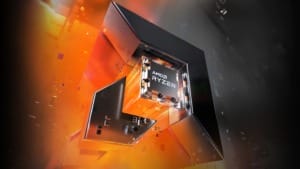Apple aims to cut iPhone assembly workers by 50%
Apple plans to cut iPhone assembly workers by 50% using automation, aiming for efficiency and a diversified supply chain amid US-China trade tensions.

In an ambitious move, Apple is looking to significantly reduce its dependence on human workers in the assembly of iPhones. According to recent reports, the tech giant plans to cut the number of workers on its assembly lines by as much as 50% in the coming years.
Automation takes centre stage
To reach this goal, Apple is investing heavily in automation. The company has begun integrating advanced machines into its assembly process, with a hefty price tag of hundreds of millions of dollars. These state-of-the-art machines are expected to take over many of the tasks currently performed by human workers.
The push for automation has been partly driven by the challenges Apple faced during the COVID-19 pandemic. Lockdowns and worker protests at its primary assembly plants in China severely disrupted production, causing the company to miss out on sales opportunities due to unmet demand.
Benefits of automation
Automating the assembly process offers several potential long-term benefits for Apple. It could lower production costs and enhance efficiency. This shift is a strategic move to mitigate risks and ensure a more stable production line.
Additionally, introducing these machines allows Apple to diversify its supply chain. The company is reportedly considering setting up new assembly plants in countries outside of China, with India, Vietnam, and Thailand being top contenders. This move would reduce Apple’s reliance on China and spread its manufacturing base across different regions.
Diversifying the supply chain
The decision to diversify comes amid ongoing trade tensions between the US and China. By expanding its operations to other countries, Apple aims to buffer itself against geopolitical uncertainties and ensure smoother production and supply chain operations.
Overall, Apple’s strategy to incorporate more automation into its assembly lines marks a significant shift in its manufacturing approach. As the company looks to the future, these changes will bring greater resilience and efficiency to iPhone production.
















